The Importance of Transparency in Kids Food Marketing
Globally, 38.9 million children under five are overweight or obese. The World Health Organization (WHO) has now advised countries to implement policies guarding children from aggressive marketing of foods high in saturated fats, trans-fatty acids, refined sugars, and salt – termed as HFSS. In this blog we will be outlining WHO’s concerns, recommendations and what Nibblish is doing to help.
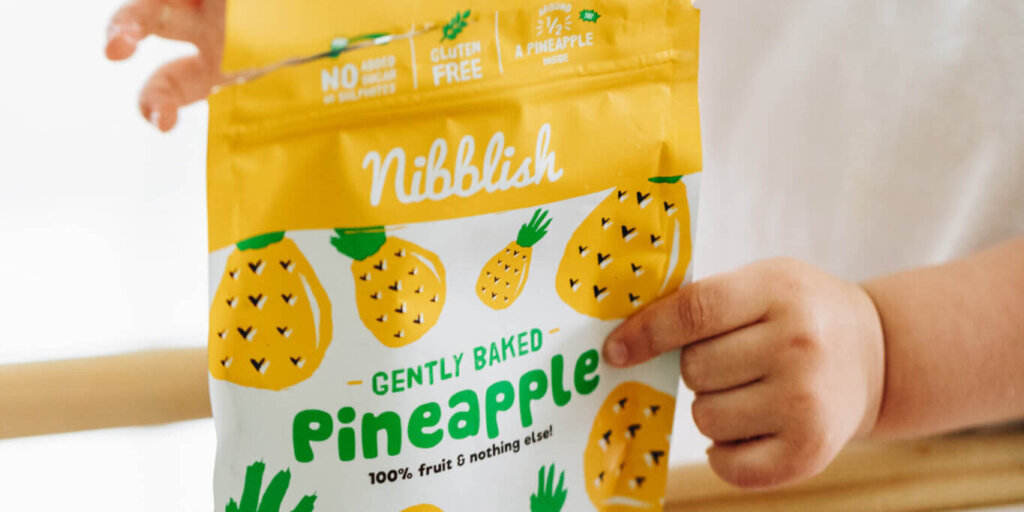
HFSS: stands for High in saturated Fat, Salt and Sugar.
Based on the findings of recent studies, food marketing to children has been found to have significant power that affects children’s health, eating behaviours, purchase requests, and food related attitudes and beliefs. A recent study published in JAMA Paediatrics also found that food and beverage marketing to children and adolescents is associated with unhealthy eating behaviour’s and weight gain. Despite these facts, children are bombarded with HFSS food ads on packaging, in schools, during kids’ TV times, youth magazines, and on social media. WHO warns that this marketing infringes on children’s rights to health, nutritious food, privacy, and freedom from exploitation. They emphasize that all children should be shielded from HFSS marketing.
The World Health Organisation recommends good practice as: Children of all ages should be protected from marketing of foods that are high in saturated fatty acids, trans-fatty acids, free sugars and/or salts.
These studies and WHO recommendations highlight the importance of transparency in food marketing. This is particularly apparent when it comes to fruit snacks. Fruit snacks are often marketed to children as a healthy snack option, but many of them contained added sugar, artificial flavours and colour, preservatives and sulphites. By clearly labelling fruit snacks with their ingredients and understanding how to read ingredient labels, we can help parents make informed choices about the snacks they give their children.
Here are some tips for choosing 100% fruit snacks:
- Look for snacks that are made with whole fruit.
- Avoid snacks that contain added sugar, artificial flavours, or colours.
- Read the ingredient label carefully.
- Choose snacks that are labelled as “100% fruit” or “no added sugar.”
Nibblish fruit snacks are 100% fruit and clearly labelled with transparency. We believe that food brands should make it easy for parents to understand what is exactly in their children’s snacks. Simplifying ingredient lists and minimising artificial ingredients is what we do best. We are committed to providing our customers with transparency and the information they need to make informed choices for themselves and their families.
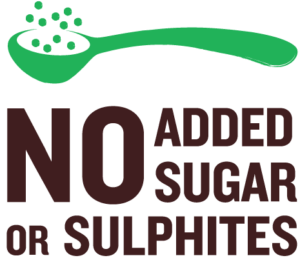
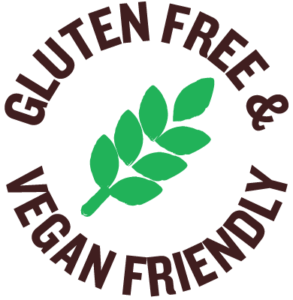
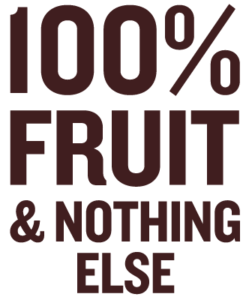
Sources:
https://jamanetwork.com/journals/jamapediatrics/fullarticle/2791859
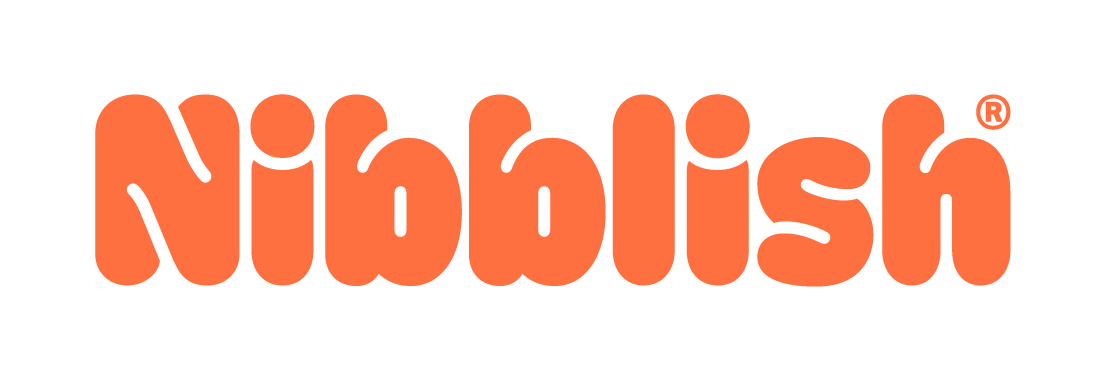
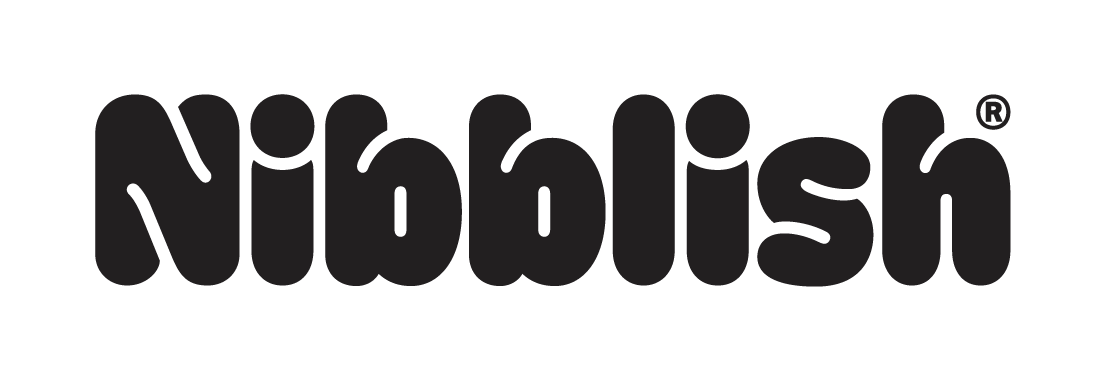
Sorry, the comment form is closed at this time.